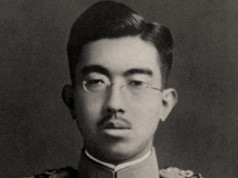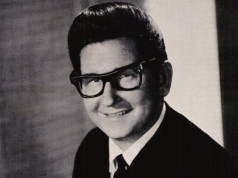By Allan Warren / Wikimedia Commons / CC-BY-SA-3.0 / GFDL
David Niven
(Actor)
1 March 1910 – 29 July 1983 (Aged 73)
Niven was a much-loved British actor who enjoyed a successful career in numerous films, such as The Pink Panther, The Guns of Navarone, Around the World in Eighty Days, and Mutiny on the Bounty.
Prior to his acting career, Niven served in the British army and following the outbreak of World War II, he re-enlisted from 1940-1945.
In his later years, Niven suffered from Motor Neurone Disease (Lou Gehrig’s Disease), from which he finally succumbed in his Swiss home at the age of 73.
He was survived by his second wife and four children.
Niven was renowned for his dapper charm and his comedic talents but also showed his considerable ability in more serious roles, winning the Academy Award for Best Actor in 1958’s Separate Tables.
Jack Dempsey
(Boxer)
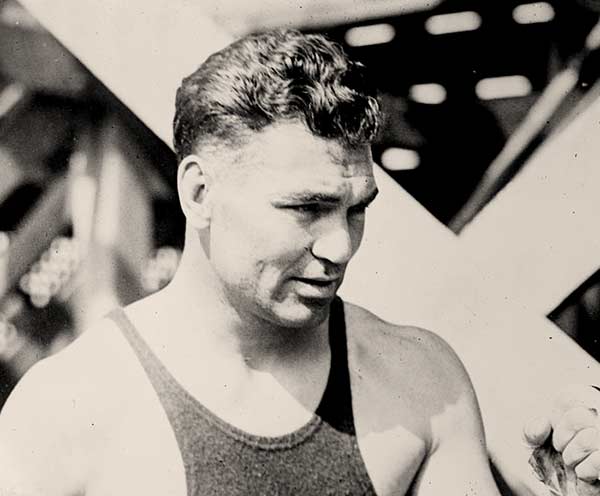
24 June 1895 – 31 May 1983 (Aged 87)
Dempsey was an American heavyweight boxer, who became world heavyweight champion from 1919-1926.
He became an icon of the 1920s, renowned for his punching power and aggressive style.
Following his retirement from boxing, Dempsey tried his hand at acting, and opened a New York City restaurant, becoming renowned for his friendly hospitality.
During World War II, he served as a lieutenant with the Coast Guard.
Dempsey is consistently rated among the greatest heavyweights in history and is a member of the International Boxing Hall of Fame.
Dempsey died from a heart attack at the age of 87.
He was one of America’s best-loved sportsmen by the end of his career, and throughout his retirement.
Tennessee Williams
(Playwright)
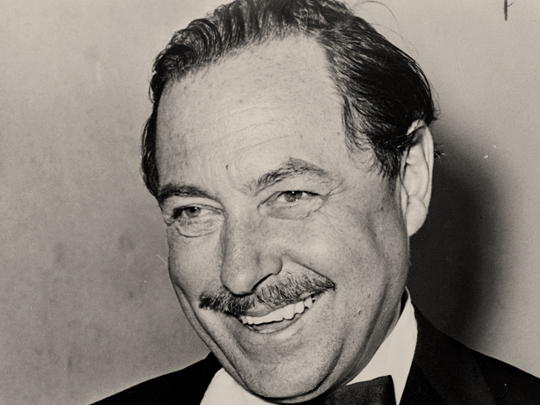
26 March 1911 – 25 February 1983 (Aged 71)
Williams was an American playwright, widely considered to be one of the most influential of the 20th century.
Following the release of The Glass Menagerie on Broadway in 1945, Williams shot to fame and followed it up with hits such as A Streetcar Named Desire, Cat on a Hot Tin Roof, and Sweet Bird of Youth.
Williams won a Pulitzer Prize for A Streetcar Named Desire in 1948, and Cat on a Hot Tin Roof in 1955.
He was inducted into the American Theater Hall of Fame in 1979.
Williams was found dead in his New York hotel room, having choked to death at the age of 71.
Meyer Lansky
(Organized Crime Figure)
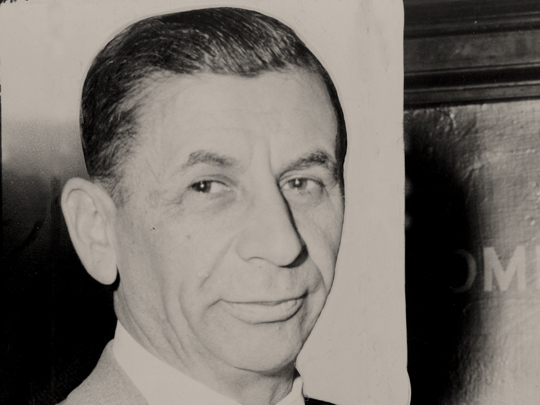
4 July 1902 – 15 January 1983 (Aged 80)
Lansky was born in the Russian Empire, modern-day Belarus, who immigrated to the United States as a child.
He became a hugely influential organized crime figure, renowned for his financial expertise.
Lansky played a pivotal role in the National Crime Syndicate, running gambling operations for the mob, which made him one of the most powerful figures in the country.
In 1970, Lansky tried to immigrate to Israel, but was forced to return to America, and was arrested upon arrival in 1972.
However, most charges were dropped due to his poor health.
He died from lung cancer at the age of 80.
Garrincha
(Brazilian Footballer)

28 October 1933 – 20 January 1983 (Aged 49)
Garrincha was a Brazilian footballer who overcame a deformed spine and left leg from birth to become one of the greatest footballers of all time.
He is also considered one of the best dribblers to have played the game and was one of the stars of the 1958 World Cup-winning team.
In 1962, without star player Pelé, he led Brazil to victory in the process of being named the player of the tournament, while also being top scorer.
Despite his immensely successful career, Garrincha’s private life was chaotic, with long-term alcoholism leading to many problems, including a crash that killed his mother-in-law.
He is known to have fathered at least 14 children.
At the age of 49, Garrincha died from alcoholism, and in poverty.
His funeral attracted millions of people who turned out to honor a man they had idolized as a player.
Muddy Waters
(Singer/Guitarist)
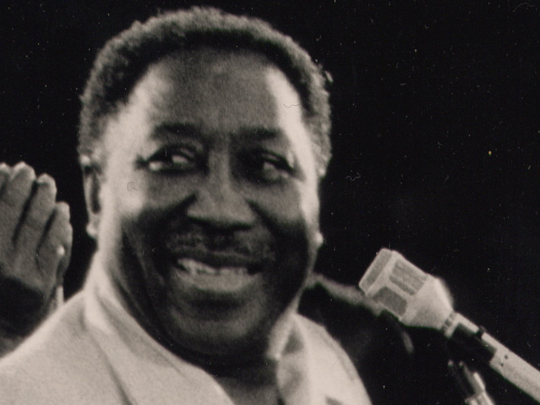
4 April 1913 – 30 April 1983 (Aged 70)
Muddy Waters was an American blues legend, who moved to from his home state of Mississippi to Chicago, where he played a transformative role in developing Chicago blues.
Among his most influential songs is “Rollin’ Stone”, from which the magazine and rock band of the same name drew inspiration.
In total, Waters won 6 Grammy Awards and was posthumously inducted into the Rock and Roll Hall of Fame.
He died of a heart attack at the age of 70.
Dennis Wilson
(Drummer)

4 December 1944 – 28 December 1983 (Aged 39)
Wilson was an American musician, who found fame as the drummer of the Beach Boys, which he co-founded.
During his life, Wilson struggled with alcoholism, which led to him being banned from the band’s concerts shortly before his death.
Wilson died from drowning in California’s Marina del Rey with cocaine and high levels of alcohol in his system.
He was posthumously inducted into the Rock and Roll Hall of Fame as part of the Beach Boys.
His request to be buried at sea was granted following an intervention from U.S. President Ronald Reagan.
Corrie ten Boom
(Activist)
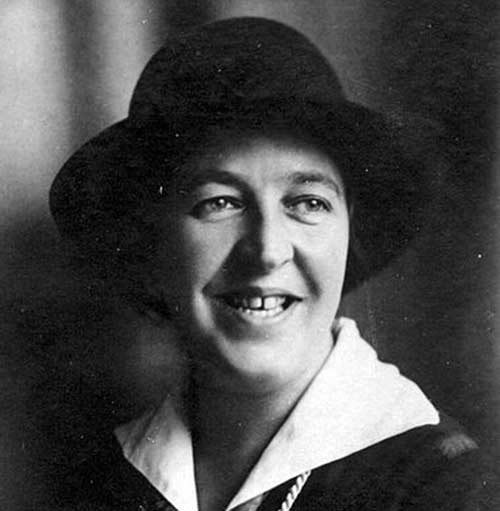
15 April 1892 – 15 April 1983 (Aged 91)
Ten Boom was a Dutch watchmaker who became part of the Dutch resistance during World War II, harboring Jews fleeing persecution by the Nazis.
Ten Boom developed a secret hiding place, capable of holding up to 6 people, in her bedroom.
It is thought that over the course of the war in excess of 700 people were helped to safety by ten Boom’s actions.
In February 1944, ten Boom and her family were arrested by Nazi officers after their activities were reported.
None of the people she was helping were found, however, the ten Boom family were imprisoned in Scheveningen prison.
While imprisoned, Corrie’s father and sister died, while Corrie was released shortly before New Year’s Eve of that year.
Following the war, ten Boom established a rehabilitation center for Holocaust survivors.
In her final years, ten Boom suffered a stroke which left her without speech and paralyzed. She died on the day of her 91st birthday.




